Articles by Southeast Asian Press Alliance (SEAPA)
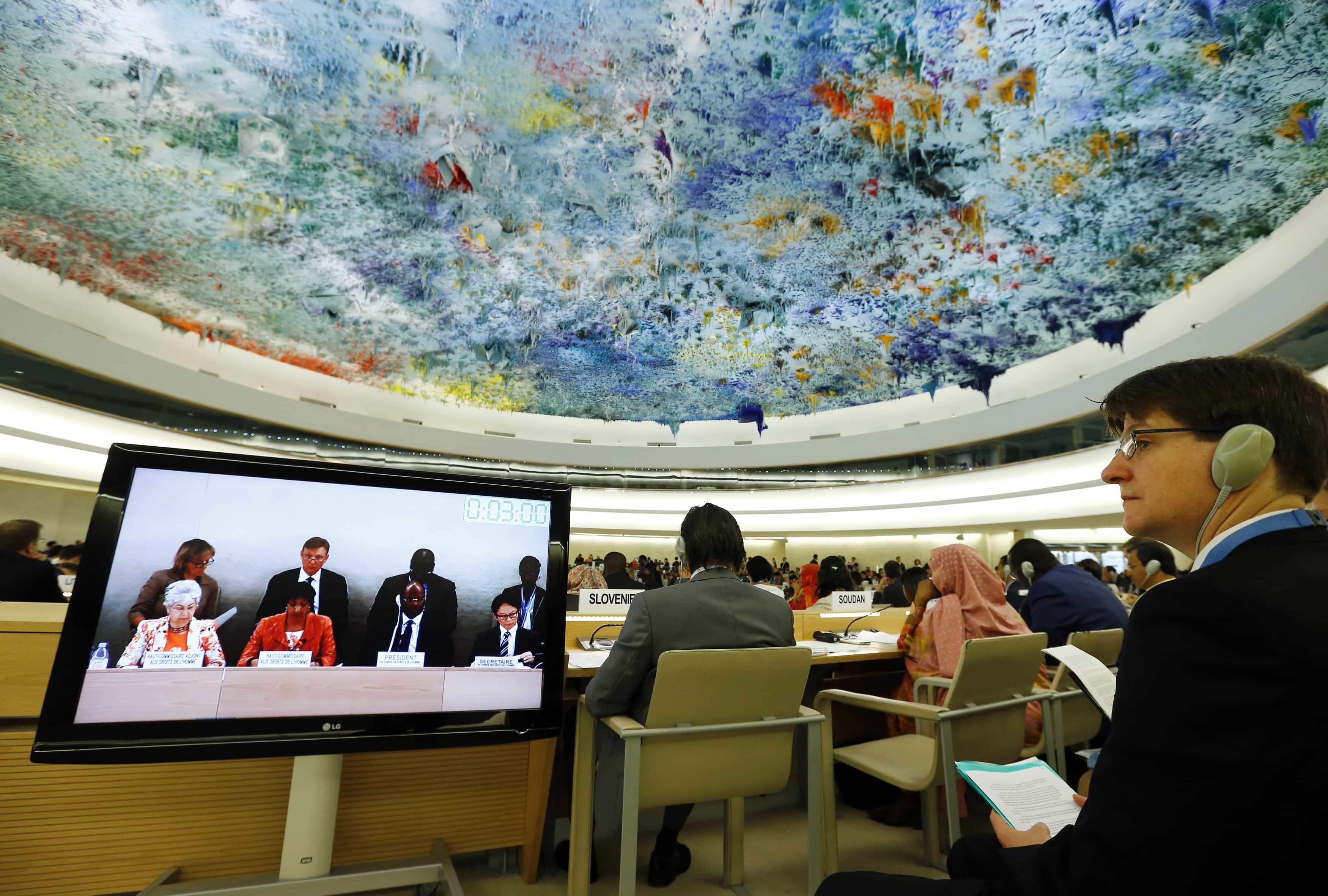
Groups call on UN to protect free expression online
This week, a resolution on the importance of protecting human rights online was discussed at the 26th UN Human Rights Council Session in Geneva. Read the oral statement on this resolution led by ARTICLE 19 and supported by several IFEX members.

Free media a necessity for reconciliation in Thailand, says press alliance
It is crucial that civil liberties – including freedom of opinion and speech, media freedom and access to information – be restored quickly in Thailand, SEAPA urges. In the interim constitution, freedom of expression guarantees and protections must not be weakened.
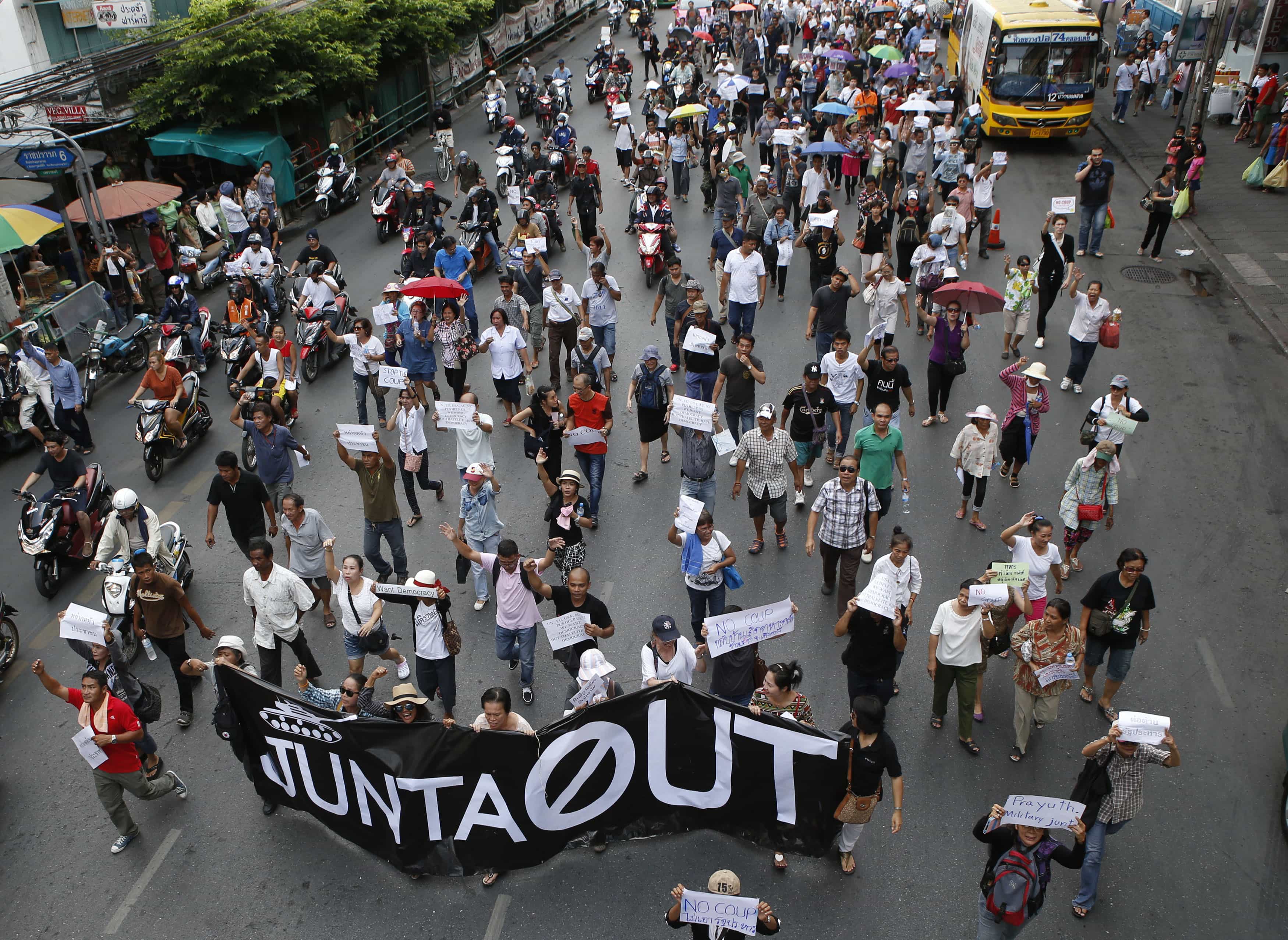
Outright suppression of press freedom in post-coup Thailand
Since martial law was declared in Thailand, about 100 web pages have been blocked, 15 satellite and cable television and an undetermined number of community radio stations were closed for being deemed by the army as propagating political partisanship.
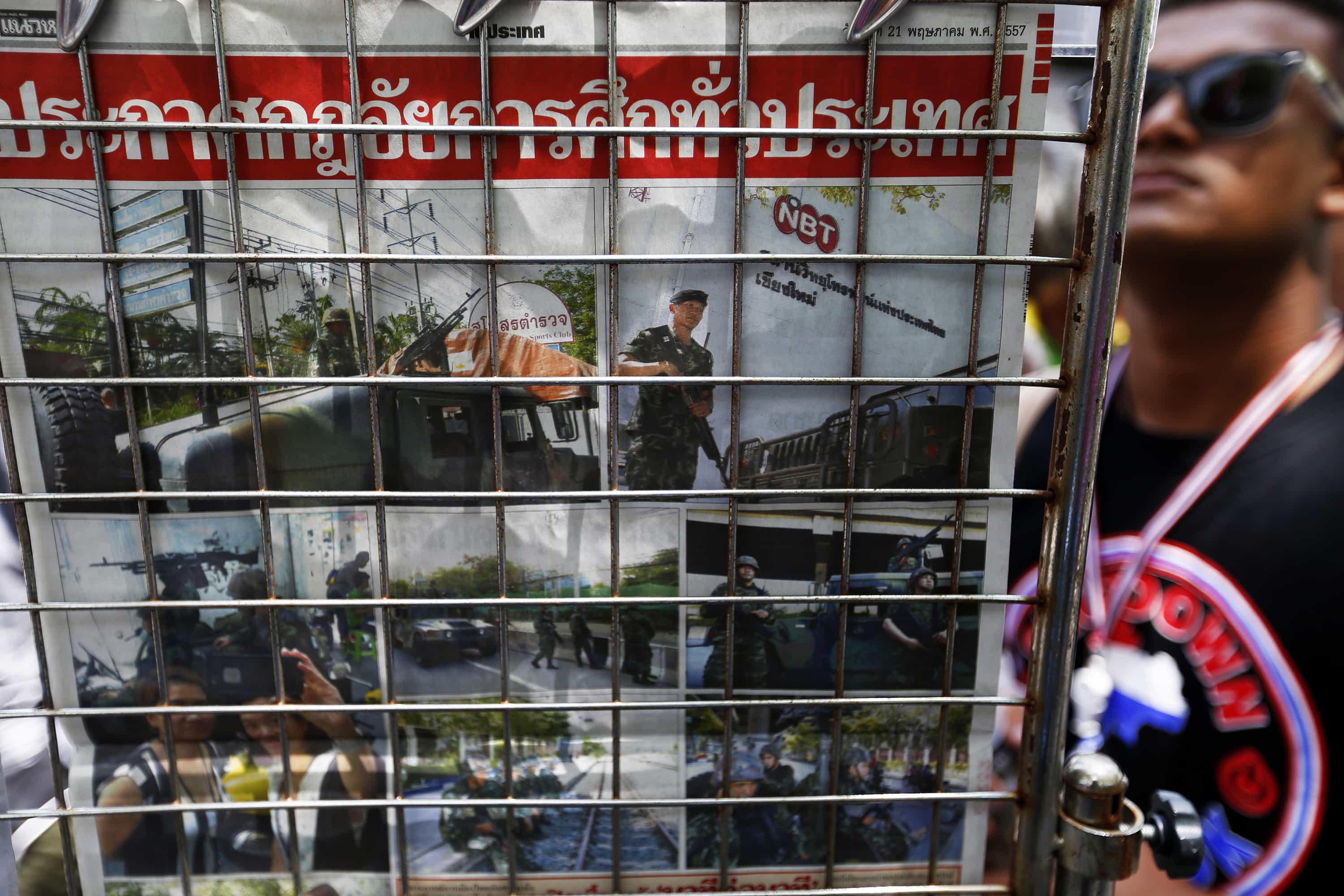
Why is martial law imposed mainly on the media in Thailand?
Shutting down media channels and banning critical commentary on the political situation in Thailand is misdirected and an overreaction, SEAPA warns.
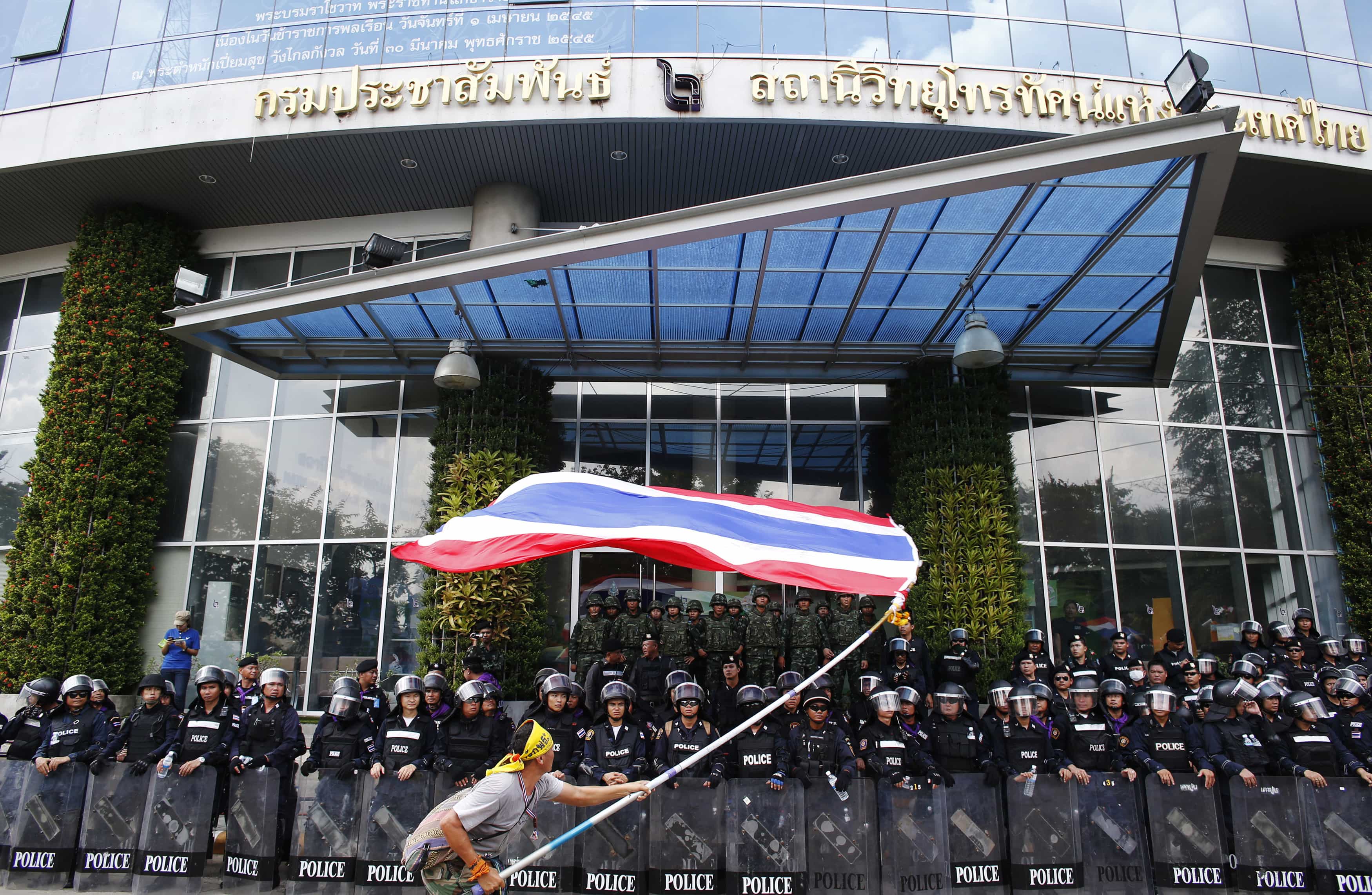
Thai TV stations face intimidation from both state and anti-government forces
On 9 May, anti-government protesters besieged five state-owned free-television channels in a bid to force them to stop presenting news about the government.
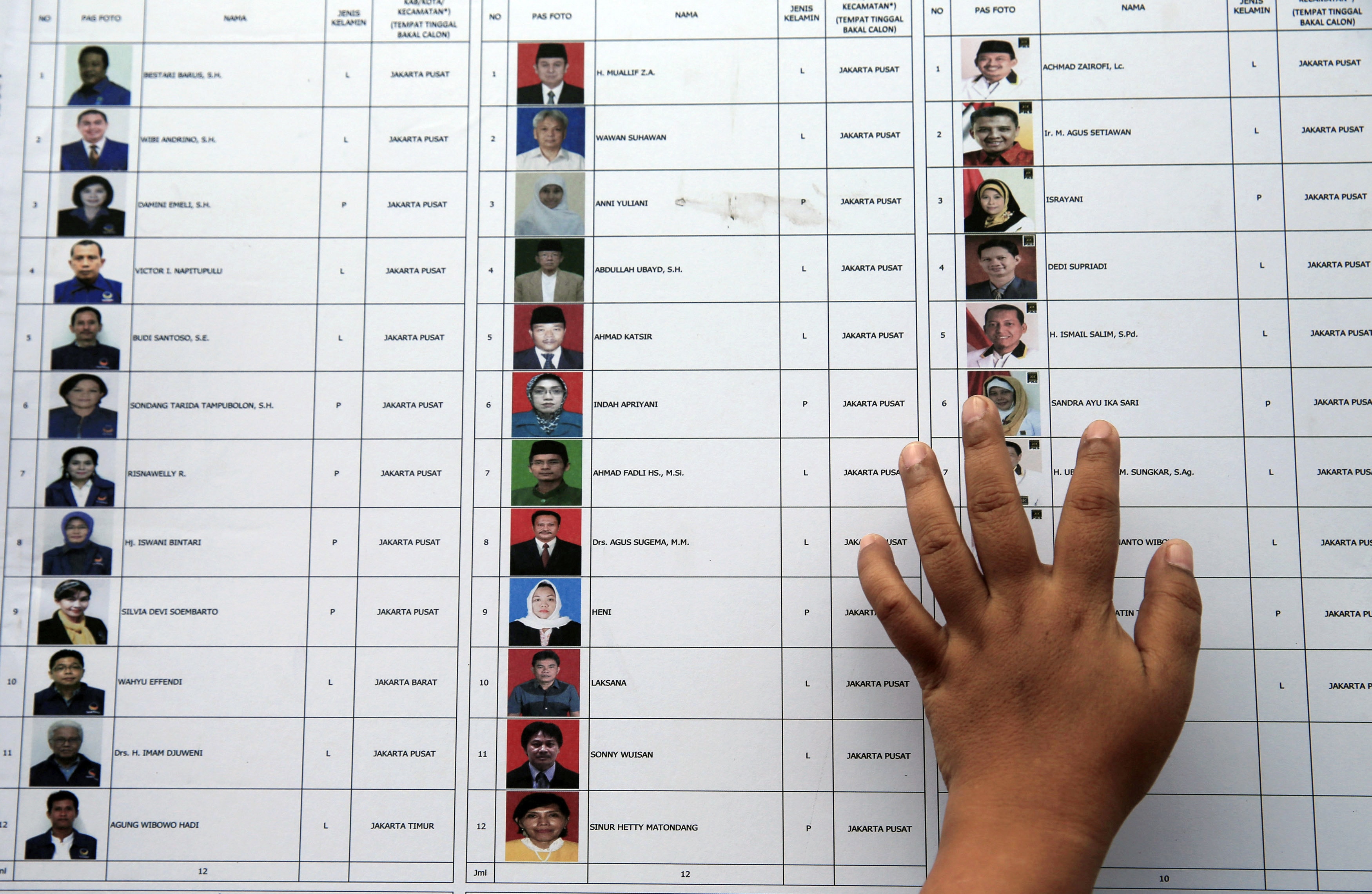
Media at political crossroads: Southeast Asia regional press freedom overview
National elections were held in six countries in Southeast Asia in the past year, with more to come. These interesting times are particularly challenging for the media in maintaining its documentation role as citizens exercise their right to directly participate in politics.
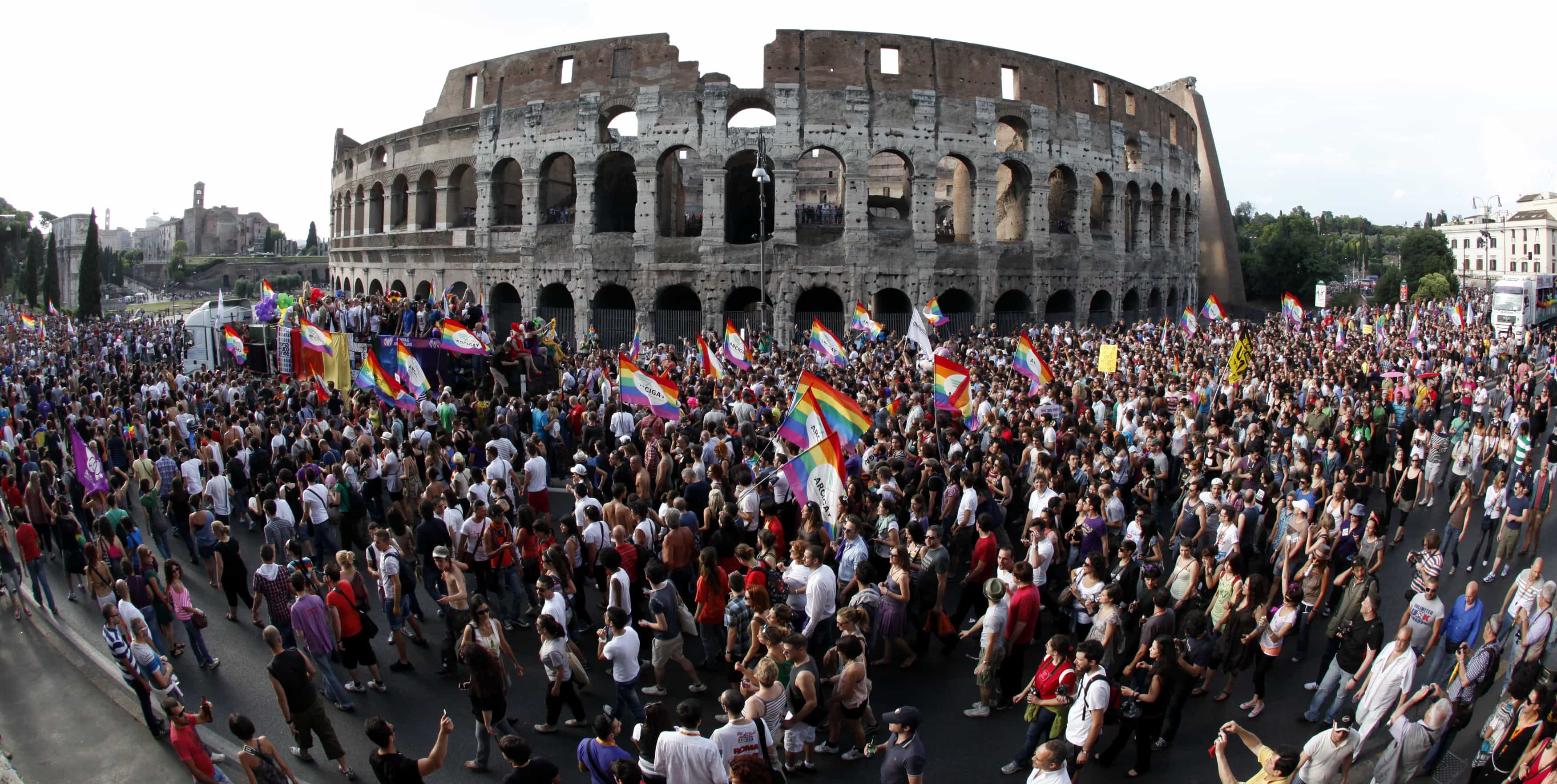
Protecting freedom of expression for LGBT people
Making a statement during International Day Against Homophobia and Transphobia (IDAHO-T).
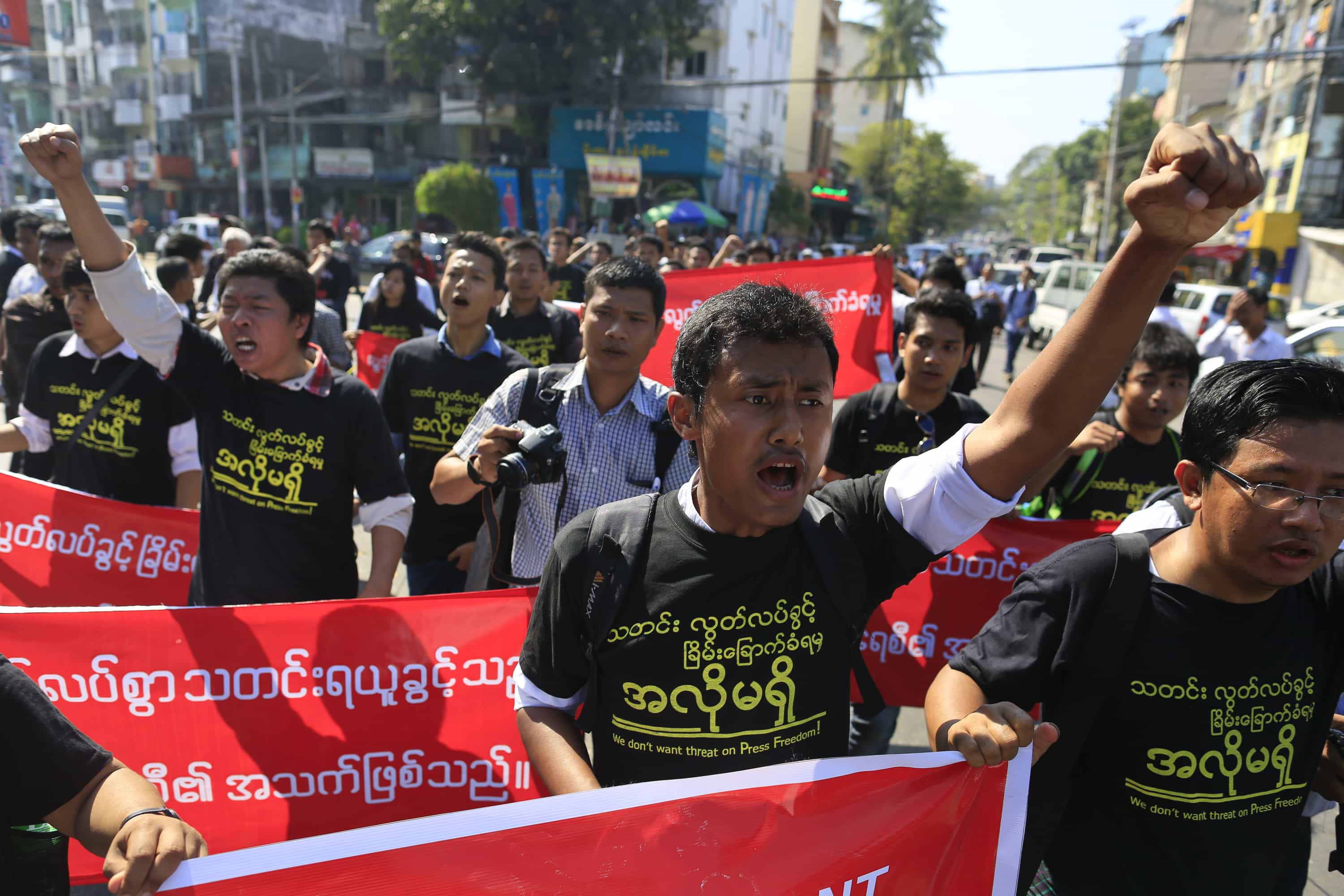
What does the state of media freedom tell us about Burma’s “transition to democracy”?
Three years after Burma embarked on a path toward democracy and away from its history of military rule, assessments of its success vary, especially around media freedom and free expression.
